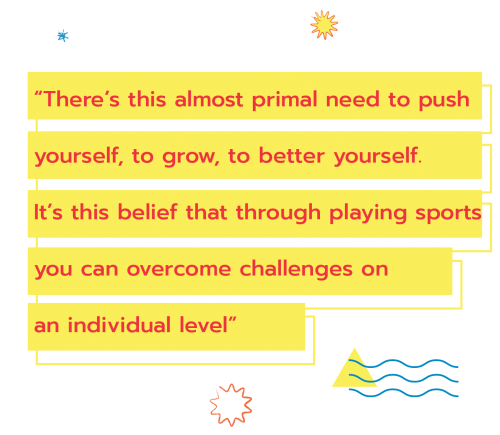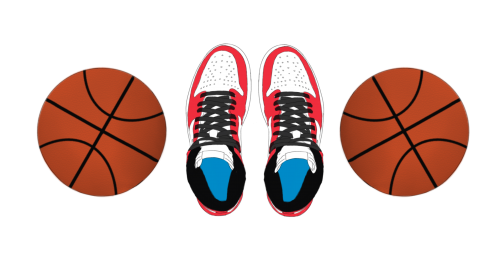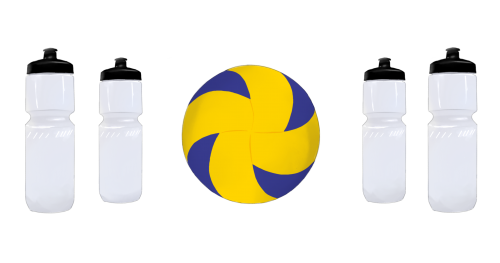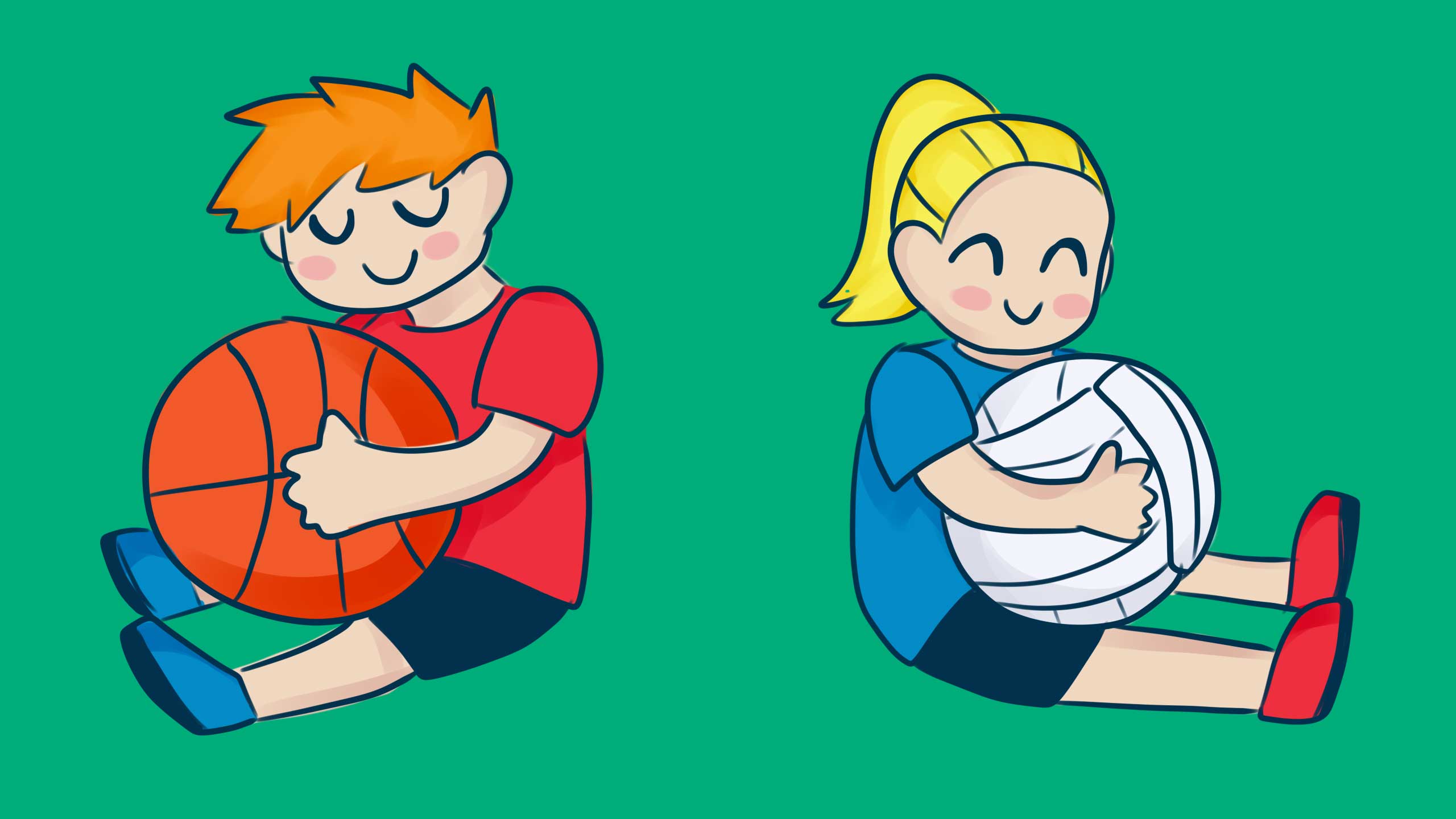How sports influence who we are as people
By Ben Okazawa
The blaring sound of the buzzer didn’t just signal the end of the game—it signalled the end of the season for the Ryerson men’s basketball team. The Rams lost 75-54 on the road to the Ottawa Gee-Gees in this year’s Ontario University Athletics (OUA) playoffs.
For third-year point guard Tevaun Kokko, the loss stung. But, to the Markham local, the game of basketball has been more than winning or losing.
“Without that influence that basketball gave me, I probably would’ve been much less confident in myself in a lot of other aspects,” Kokko says.
A three-time OUA All-Star and newly-crowned U Sports All-Canadian—after averaging 23.7 points per game on 45.2 per cent shooting from deep—Kokko is one of the most accomplished university athletes in Canada in his first three seasons.
But basketball’s influence on Kokko extends beyond the accolades. The sport taught him about resilience, pushing himself out of his comfort zone and learning how to adapt to any situation. He also says the sport has given him strength—which has helped shape him into the person he is today—and above all else, it has put him on the right path in life.
“Since I was a little kid, [basketball] took me away from negativity and [from] certain environments that probably weren’t going to be good for me.”
As of 2019, less than 50 per cent of Canadians between the ages of 15 and 30 play sports regularly according to Statistics Canada. The largest barrier standing in the way of more youth playing sports is income. Statistics Canada reports that while 42.5 per cent of moderate-income families ($60,000 to $139,999) are involved in youth sports, just 31.3 per cent of low-income families can say the same.
But there are some organizations out there trying to bridge the gap. Stephen Sheps, a sociology of sports professor at Ryerson, credits organizations like Right to Play—a non-profit organization that aims to better the lives of children worldwide by introducing them to sports.
Sports aren’t just about what happens on the court, pitch or field. Sheps says that more youth should get involved in sports because it builds those integral values like self-confidence. In addition to the tangible benefits that come from regular physical activity, sports teach athletes about resilience and also instill a sense of self-assurance.

A 2017 study published by the International Review of Sport and Exercise Psychology points to sports as a function of positive youth development. Specific examples provided by the review include personal responsibility, self-confidence, communication and even academic benefits.
Sheps is most impressed by the inner drive athletes have and how they can bring that to life outside of sports.
“There’s this almost primal need to push yourself, to grow, to better yourself,” Sheps says.
“[It’s] this belief that through playing sports you can overcome challenges on an individual level.”
A 2015 graduate study done for the Fuller Theological Seminary’s school of psychology suggests that being exposed to failure in sports consistently, and from a young age, can make young athletes more resilient later on in life.
Even after losing to Ottawa in the OUA playoffs, Kokko remains grateful for the influence basketball has on his life and everything the sport has taught him.
Kokko hasn’t taken the traditional path to his third year of university basketball. He had a short pre-season stint with the Rams in 2015 before taking the remainder of the year off and transferring to Wilfrid Laurier University. He spent two years in Waterloo before leaving the Golden Hawks and taking a year off school to grow.
He returned to Ryerson at the beginning of the 2019-20 season and has since flourished in his new role, leading the team in scoring this past year.

yerson women’s volleyball star Brett Hagarty openly describes herself as a “very competitive” person.
Reflecting on her five-year university career, Hagarty thinks about how she’s grown as a person, noting she’s learned how to tone down her competitive edge—something she’s previously struggled with.
Hagarty used to get angry during her three years at Queen’s University before transferring to Ryerson in 2018. “[At the time], I would just call that intensity, which isn’t the case,” Hagarty says, looking back with regret. “Being able to differentiate [between intensity and anger] was big…[playing sports] allows you to self-reflect a lot.”
Now, the OUA All-Star considers herself a better leader and better teammate because of it. She points to the importance of knowing her teammates and what motivates each of them as individuals, whether it be gentle encouragement or tough love. This wasn’t always the case though. Little by little, Hagarty continued to reflect upon and be mindful of her actions. She credits volleyball for teaching her how to lead and be confident while doing it.
Becoming more thoughtful and reflective is common among athletes, according to a 2005 study published by the Journal of Youth and Adolescence. The study suggests that psychological adjustment—in other words, the ability to self-reflect and having good self-esteem are qualities regularly learned through sports.

t wasn’t the first time Hagarty lost something when her university career came to an end after Ryerson’s fifth-set loss in the OUA playoffs to the Guelph Gryphons in late February, and it almost certainly won’t be the last time.
Along with the experience and connections she’s made, learning lessons like accepting failures and growing from them are the most important takeaways from Hagarty’s years playing volleyball.
Now a few weeks after the loss, Hagarty looks at it as a learning experience for her team. She’s grateful for that lesson that playing volleyball has taught her.
“Athletics have shaped everything about me,” Hagarty says. “You get more confident in who you are and what you have to say as you grow through the sport.”












C Robinson
A refreshing take on the realities of those that play the sports we love. It makes one reflect on the commitment that success requires in all facets of life. Well written